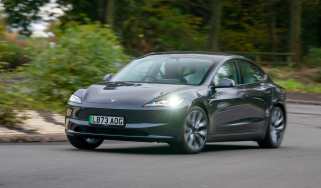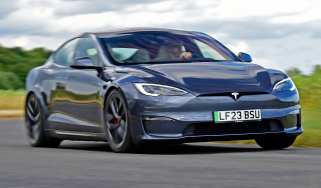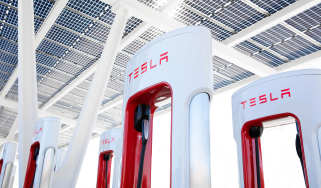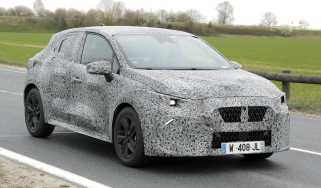Elon Musk: Tesla boss on EVs with 500-mile range and colonies on Mars
Founder, CEO, chairman and product architect of Tesla, Elon Musk, wants to set up a colony on Mars. We met up with him
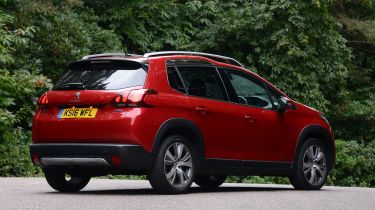
Last week we brought you a world exclusive story on the new Tesla Model 3, a new BMW 3 Series rival with an all-electric powertrain and a range of over 200 miles.
Now we bring you the rest of our full interview with Tesla's founder and CEO, Elon Musk. Read on to find out about plans for electric cars with a 500-mile range, Musk's views on autonomous vehicles and best of all, his long-term goal to set up a colony on Mars.
• Read all the details on Tesla's next model
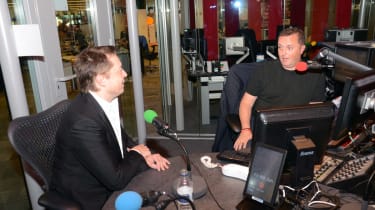
Tell us about the start of Tesla.
I’ve been interested in electric cars since I was at university and it just seemed the right way to do sustainable transport. It’s odd that we use gasoline in cars when you think of all the other things in life that use electric motors – even when you start a car. Range was always an issue, but with the advent of lithium-ion batteries it was possible for the first time to have a long-range electric vehicle. I thought the big car companies would do it, but year after year they didn’t.
How do you achieve a range that other electric cars can’t?
We have the highest energy density battery in the world, twice that of the Nissan Leaf. But our range is more than twice that of the Leaf so we come into other factors: what’s the drag co-efficient of the car, how much does it weigh, what’s the efficiency of the motor and gearbox, what’s the rolling resistance? All those factors affect the range.
Recently our car was assessed against a whole bunch of other cars for drag efficiency, in a drag queen contest! Our car came out best with a drag co-efficient of 0.24.
How far will a battery-powered car be able to go?
It will be possible to have a 500-mile range car. In fact we could do it quite soon, but it would increase the price. Over time you could expect to have that kind of range.
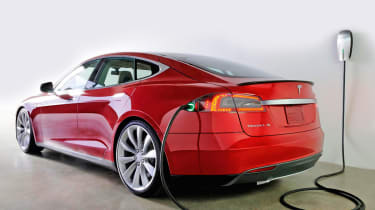
What happens if all Teslas become so popular that Supercharger stations are always busy?
We’ll always have the Superchargers well ahead of people’s need to use them. We have direct communication with all Superchargers and can let you know ahead of time if there’s a queue, plus direct you to the nearest one.
What about a hybrid Tesla?
We’ll always be pure electric. We’re going to keep improving battery technology and even with Model 3 we’ll expect a range of over 200 miles with a price of around $35,000.
What’s your view on autonomous driving?
I want people to enjoy driving. The great thing about people is that they can adapt to different circumstances – computers have a lot of problems with that. So our focus is different from Google – we want to provide an affordable electric package that alleviates driver workload but still calls upon the driver in unusual circumstances.
Do Tesla customers really need a Government incentive to help them buy?
Any incentive helps – it’s the catalyst for adopting new technology. In the long term an incentive isn’t needed, but in the short term it’s helpful and encourages take-up of EVs. We are trying to make our cars as affordable as possible, but there are many people for whom it’s quite a stretch to buy a Model S, so it certainly matters to them.
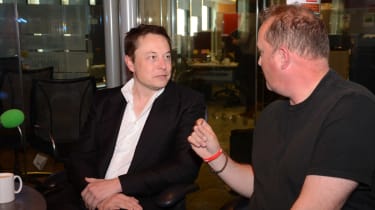
Is there much crossover between Tesla and your rocket making company, SpaceX?
In rockets it’s all about mass savings: making things light and aerodynamically efficient. Some of these techniques I’ve brought across to the car business. Taking manufacturing techniques from the car business to rockets has been really helpful – my head of manufacturing at SpaceX, Andy Lambert, used to run MINI manufacturing in the UK.
Will SpaceX go to the moon or Mars?
The long-term goal of SpaceX is to develop technologies necessary to establish a self-sustaining base on Mars, essentially to make life multi-planetary. I’m optimistic about it.
What do you think of Musk's future plans? Can a car company really take us to Mars? Tell us your thoughts in the comments section below or join the debate on Twitter and Facebook.
Find a car with the experts

